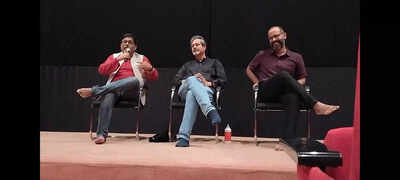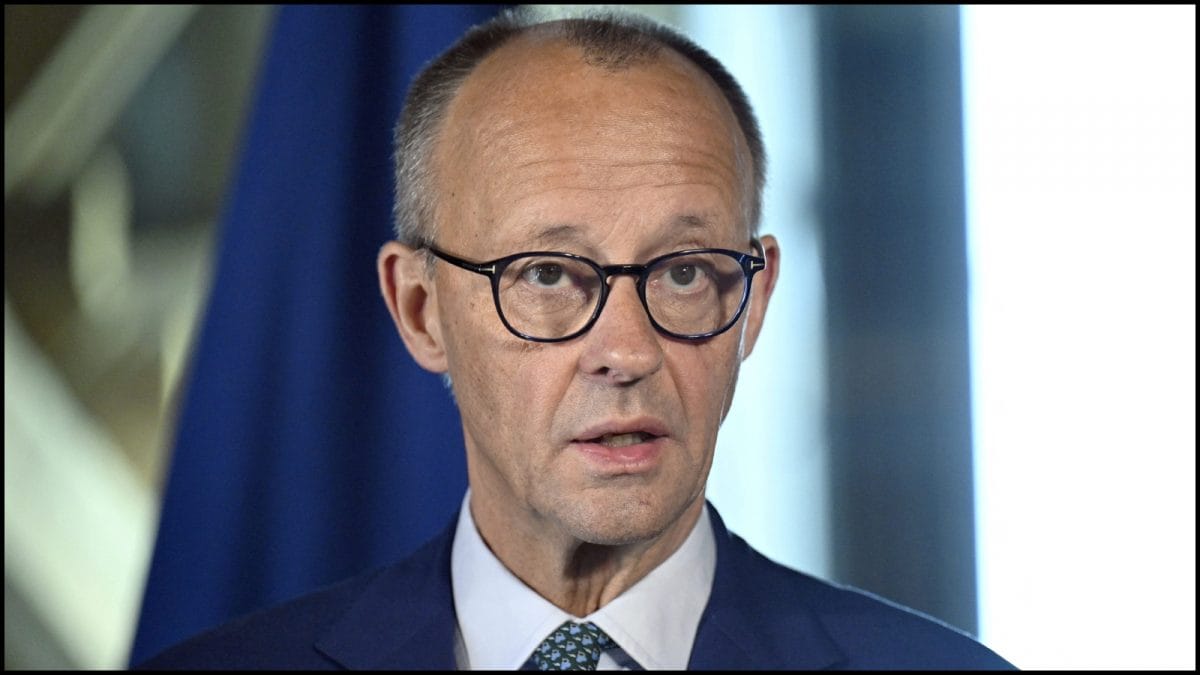ARTICLE AD BOX

Over two days, May 23 and 24,
Alliance Française de Pune
, in collaboration with the
National Film Archive of India
(NFAI), hosted a compact yet engaging French film festival at the NFAI auditorium. The theme of the festival was a homage to the ongoing Cannes Film Festival and featured three critically acclaimed films, Nous by
Alice Diop
, The Super 8 Years by
Annie Ernaux
, and
Cléo from 5 to 7
by
Agnès Varda
, along with a panel discussion titled Nouvelle Vague: Legacies and Afterlives, which explored the continuing impact of the
French New Wave
on global cinema. It is impressive that despite being a limited festival with a niched down theme, it drew a modest but focussed audience, with film students, cinema enthusiasts, and followers of world cinema attending across both days.
French New Wave in India
24th May, Saturday, was arguably more important day among the two, as it not only witnessed screenings of two films, but also the panel discussion that featured Prof. Indranil Bhattacharya, Prof. Vaibhav Abnave, and visiting faculty Abhijeet Ranadive. The trio started the discussion with a simple yet brief overview into the history of French cinema and the emergence of the New Wave in the post-World War II era.
Abnave started the conversation with a brief history into the French cinema and the New Wave came into existence in post-World War era. “The Cannes Film Festival is linked with the spirit of aesthetics and politics being inseparable from each other.” Ranadive followed up on Abnave’s opening by adding that ‘it was the need for cinematic revolution in France that spearheaded the French New Wave in France, and later in rest of the world.’ He said, “There was a sense that France was making quality cinema, that was admired throughout the world. Yet there were people felt that there is something wrong with what world cinema was at that time. The people who have grown up after second World War, are more accustomed to the b-grade/gangster style American cinema.” The panellists explored how filmmakers like Jean-Luc Godard, François Truffaut, and Agnès Varda sought to break the rules of traditional storytelling — often using handheld cameras, jump cuts, voiceover narrations, and non-linear structures — and how these techniques found resonance in global and even Indian cinema.
Understanding French cinema
French cinema, at its core, has often been about pushing boundaries — emotionally, politically, and formally. Whether it is through personal documentaries like Diop’s Nous, literary memoirs like Ernaux’s The Super 8 Years, or quietly radical works like Varda’s Cléo from 5 to 7, French films tend to prioritise character, atmosphere, and social context over spectacle. They are less concerned with resolution and more with exploration — of people, memory, and meaning. As we were talking to the attendees, one of the student-attendees from FTII, who wants to remain anonymous, mentioned that ‘he has always looked up to French, German, Italian, Japanese and other major film industries from around the world.’ “We are often reading about them, watching films that left a mark on the world, but it’s rare to experience them in a theatre setting, especially with such context and curation,” he added. He also mentioned that ‘much like France, India also needs a revolution that will give priority to the art rather than its ability to make money.’ The festival, while small in scale, managed to spark big conversations — not just about French cinema, but about the place of meaningful, independent storytelling in today’s world. For Pune’s community of cinephiles and aspiring filmmakers, it served as a reminder that cinema, at its most powerful, doesn’t always need grandeur — it needs honesty, intent, and the courage to challenge form. And that, perhaps, is the enduring legacy of French cinema — a legacy that continues to inspire from Cannes to classrooms.



.png)
.png)
.png)
















 5 hours ago
6
5 hours ago
6









 English (US) ·
English (US) ·